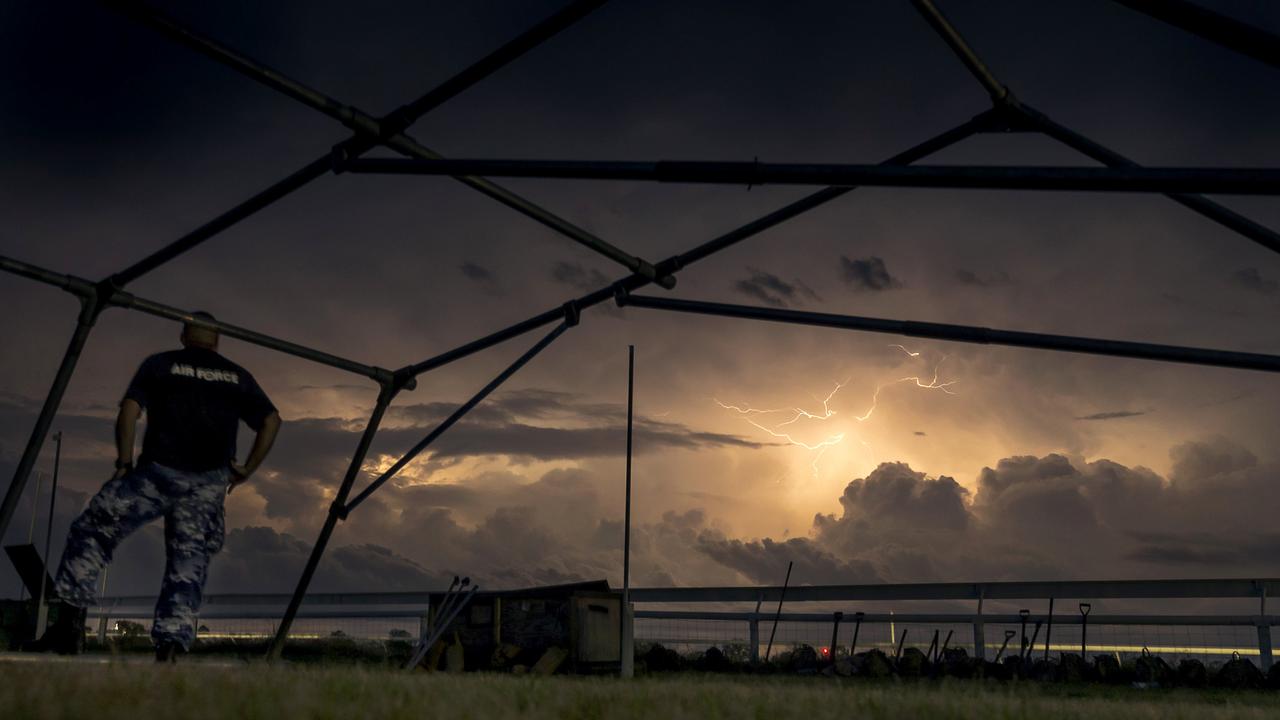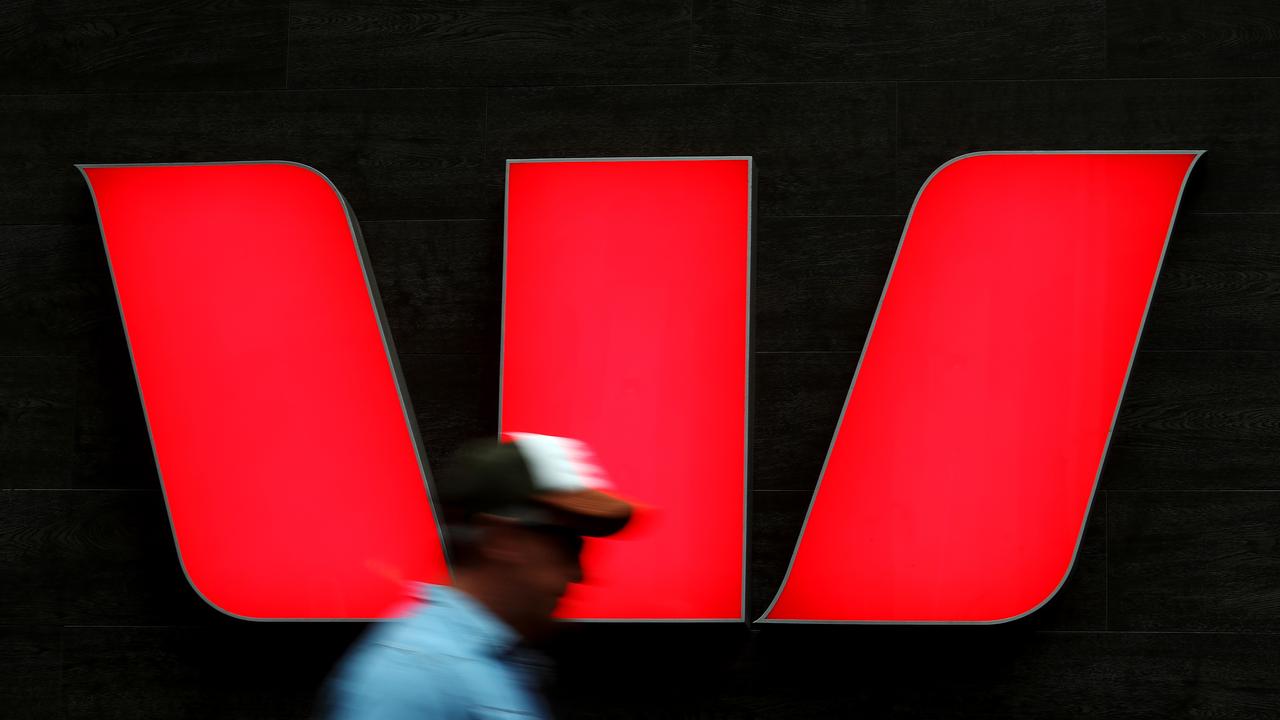Singapore Airlines signals interest in landing Virgin
Singapore Airlines signals interest in landing Virgin
The significance of Singapore Airlines’ decision to marginally increase its shareholding in Virgin Australia lies not in its size but in its timing.
The group told the Singapore exchange yesterday that it had lifted its shareholding in Virgin from 22.91 per cent to 23.11 per cent, at a cost of $3.2 million, by settling a series of total return equity swaps over Virgin shares. Physical settlement — at a price of 46.72 cents a share compared to the current market price of about 37 cents — is scheduled to occur tomorrow.
A week ago, of course, Air New Zealand announced it was “exploring options” for its own 25.8 per cent shareholding in Virgin, including the possible sale of all or part of it.
That decision, accompanied by the resignation of Air NZ’s chief executive, Christopher Luxon, from the Virgin board has been interpreted as a signal that Air NZ has either lost faith in Virgin’s strategies or lost its appetite for helping to fund them.
The Kiwi airline has more than $500m tied up in its shareholding in Virgin and recently had to write a cheque for $131.2m for its share of a $425m loan facility that Virgin’s major shareholders made available as liquidity while it undertakes a strategic review of its capital structure.
That review is almost certainly a precursor to a request for even more capital, given that Virgin’s recent results have shown that it is still experiencing very significant cash outflows despite the relative calm in the sector and the steep reduction in fuel costs.
Air NZ is one of four strategic shareholders in Virgin — and one of three airline partners with a big shareholding — alongside Singapore Airlines, Etihad Airways (about 25 per cent) and Richard Branson’s Virgin Group (about 10 per cent).
It was the three airlines, all allies with Virgin’s international business and all competitors to Qantas offshore, that bailed Virgin out during the heights of the domestic capacity wars with a $350m equity raising.
If Air NZ does quit the Virgin register, control of Virgin is up for grabs and Singapore Airlines and Etihad are the two best-placed and most likely to either try to grab it or to discuss sharing it.
Given that, even at current market prices and without any strategic premium, the Air NZ holding is worth about $340m, its $131m share of the recent liquidity facility would need to be repaid and a big chunk of new equity would need to be injected into Virgin to strengthen its balance sheet, the extra commitment from either Singapore Airlines and Etihad, or perhaps both, would be substantial.
Of the two, Singapore Airlines is perhaps the most obvious aspiring owner of Virgin, given its decades-long interest in securing access to the Australian domestic market and an equally longstanding (and frustrated) desire to enter the trans-Pacific route dominated by Qantas.
Virgin has an unusual structure, with its international business technically (but not economically) quarantined from its domestic business and majority Australian-owned to protect the bilateral rights that are negotiated on a government-to-government basis. In theory, a foreign buyer could acquire 100 per cent of Virgin and have 100 per cent exposure to all its operations but, for international routes, the group would still be regarded as Australian.
One suspects, if Singapore Airlines, Etihad or a combination of the two took out Air NZ and the remaining public shareholdings in Virgin, Qantas — and others — would have a fair bit to say about that before the Foreign Investment Review Board and in the Federal Treasurer’s office in Canberra.
The appeal of Virgin to Etihad isn’t quite as obvious, but there is a lot of traffic between Australia and the Middle East, its archrival, Emirates, and Emirates’ partner Qantas have the largest share of that route and Australia does represent something of an anchor tenant for airlines focused on the growth areas in the Asia Pacific.
With Singapore Airlines signalling it is, at least, committed to protecting its position and gaining as much leverage as it can in the event that Air NZ’s strategic review throws control of Virgin up for grabs, there will be considerable scrutiny on Etihad to see whether it is prepared to protect its own strategic interests.
It, too, would be concerned about the potential costs of simply maintaining its position, let alone increasing it considerably, at a time when Virgin appears to need a major injection of new capital.
While Virgin has significantly improved its domestic product by moving its offer up-market to compete more directly with Qantas, the returns on the capital invested by its strategic shareholders (and others) have clearly been inadequate and the business case for further big investments remains unclear.
Given that it would probably take at least $1.5bn and probably materially more to acquire and refinance Virgin, there is no certainty that either Singapore Airlines or Etihad will move to grab the Air NZ stake, which would require either a takeover offer or shareholder approval that either could block.
If that were the case, it would complicate Air NZ’s exit plans or increase it losses on the stake and maintain, or increase, the uneasy tension that comes with having competing airlines sitting around the board table of a strategic ally in need of capital.


